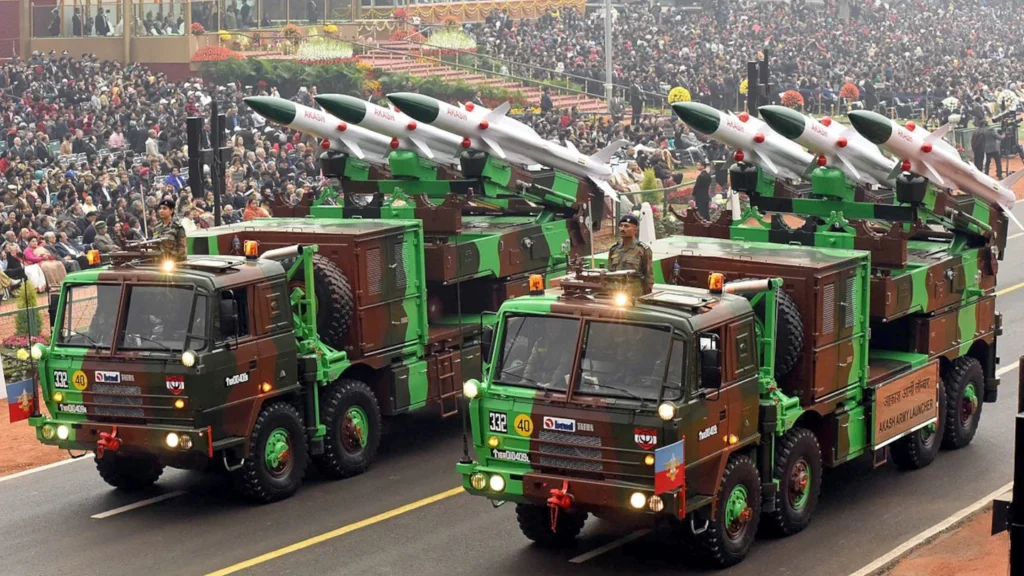The Brazilian market responded with surprise to the recent decision regarding air defence responsibilities, as it had been widely understood among local stakeholders that the Brazilian Air Force (FAB) would oversee high-altitude air defence systems, while the Brazil Army focused solely on short and medium-range projects, according to reports from Brazilian media outlet Zona-Militar.
In November 2023, the Brazilian Army issued a Request for Quote (RFQ) to assess pricing for medium-altitude air defence systems available domestically and internationally. This was followed by a second RFQ in February 2024 to gather further information on available options.
During a public hearing at the Committee on Foreign Relations and National Defence (CREDN) of the Chamber of Deputies in April, Army Commander General Tomás Miguel Paiva expressed concern over the lack of medium and high-altitude air defence systems within the country.
General Paiva initially highlighted Brazil’s relative protection up to 3,000 meters in altitude but underscored the need for more advanced technologies to safeguard national territory. He later discussed his intention to propose a government-to-government agreement with India to procure the medium-range Akash anti-aircraft missile to address these gaps.
Next month, General Paiva is scheduled to embark on a ten-day official visit to China to evaluate capabilities within the local defence industrial base and explore opportunities for bilateral cooperation aligned with the Army’s strategic initiatives. A previous delegation from the Army visited China in the latter part of the preceding year.
During their visit, the delegation witnessed a live-fire demonstration of China North Industries Corporation (NORINCO)’s DK-10 medium-altitude surface-to-air missile system, also known as Sky Dragon 50 or Tianlong-50, as well as the SH15 self-propelled howitzer.
In a recent interview, General Tomás Miguel Paiva, who has previously made an official visit to India, advocated for Brazil to adopt a strategic and pragmatic approach with BRICS countries, emphasizing the importance of avoiding ideological divisions.


